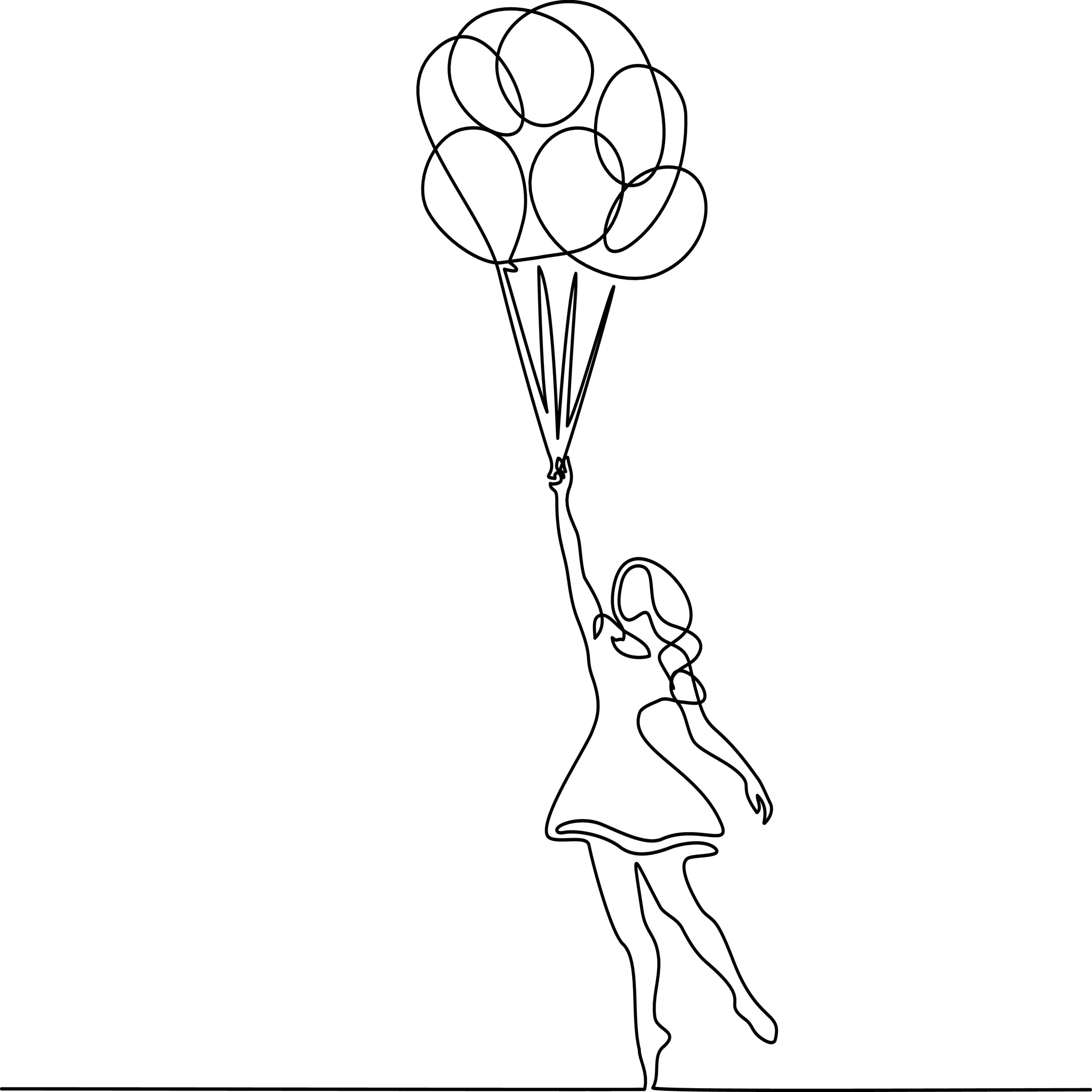"What Went Well?" Journaling
What Went Well?
A daily journaling prompt for drawing attention to moments of positivity, scientifically shown to improve mood and resilience.
This practice comes from Dr. Martin Seligman, the founder of the field of Positive Psychology and professor at the University of Pennsylvania. It is similar to the common practice of gratitude journaling, but invites a broader reflection on the different kinds of positive emotions we may feel throughout a day.
The practice is simple: at the end of each day, record 3 things that went well that day in a journal, and why.
Despite its simplicity, the impact of this practice can be profound. Psychologists have reliably demonstrated that humans have a negativity bias, defined by the notion that, even when of equal intensity, things of a more negative nature have a greater effect on one's psychological state and processes than neutral or positive things. Business studies have shown that customers are more likely to leave a review after a negative experience than a positive one, and loss aversion theory from the field of behavioral economics demonstrates that we perceive the loss of $20 to be stronger than the happiness we feel in finding $20.
By intentionally calling to mind those parts of our day which have gone well, we can help prime our brains to avoid slipping into a downward cycle of gratuitous negativity that can lead to depressive states.
For those of us able to quiet or inner culturally-conditioned cynic who judges and dismisses such practices, Seligman promises that we’ll be “less depressed, happier, and addicted to this exercise six months from now.”
Alternate Versions
Couples & Families: This practice can be a way of sharing the best parts of our days with one another and fostering positivity in relationships.
For work teams: This practice can be a way of opening work meetings or other gatherings to set the tone for engagements.
Notes from the science of wellbeing
To help you call to mind specific positive moments, consider the following categories of well-being according to Dr. Seligman’s PERMA model:
Positive Emotions: moments when we have felt good. Dr. Barbara Frederickson, known for her work on positive emotions, describes 10 major positive emotions: joy, gratitude, serenity, hope, awe, inspiration, interest, transcendance, amusement, pride, and love.
Engagement: Moments when we feel fully immersed, alert, and interested in what we are doing. Mihaly Csikszentmihalyi describes a state of optimal engagement as Flow- when we experiencing just the right about of mental stimulation and challenge- not so little that we are bored and not so much that we are stressed or anxious. In states of deep flow we may forget to look at the clock and for a time we find ourselves fully present in what we are doing.
Relationships: As social creatures, we thrive when we feel close and connected to others. Relational well-being may be experienced between family, friends, co-workers, communities, or even among strangers.
Meaning & purpose: As intelligent creatures on a lifelong quest to make sense of our own existence, a sense of meaning is essential to wellbeing. Whether you find this in religion or spirituality, your values, or your chosen life missions, a sense of purpose serves as our true north to find a wayward path amidst the randomness of life.
Accomplishments/Achievements: Accomplishment need not be grand to contribute to our sense of wellbeing. Even making small progress on projects of value—from decorating a new apartment to learning a challenging new recipe— can help us experience a sense of agency and autonomy. Researchers Edward Deci and Richard Ryan’s work on Self Determination Theory highlights the importance of experiencing both autonomy and competence so that we feel that our efforts matter and are within our control.
Further Reading:
Book: Positivity by Barbara Frederickson
This exercise is mentioned in Dr. Seligman’s online course through Coursera (course fee is $70, scholarships available.)
Article: Negativity Bias
“Good things last eight seconds…Bad things last three weeks.”


